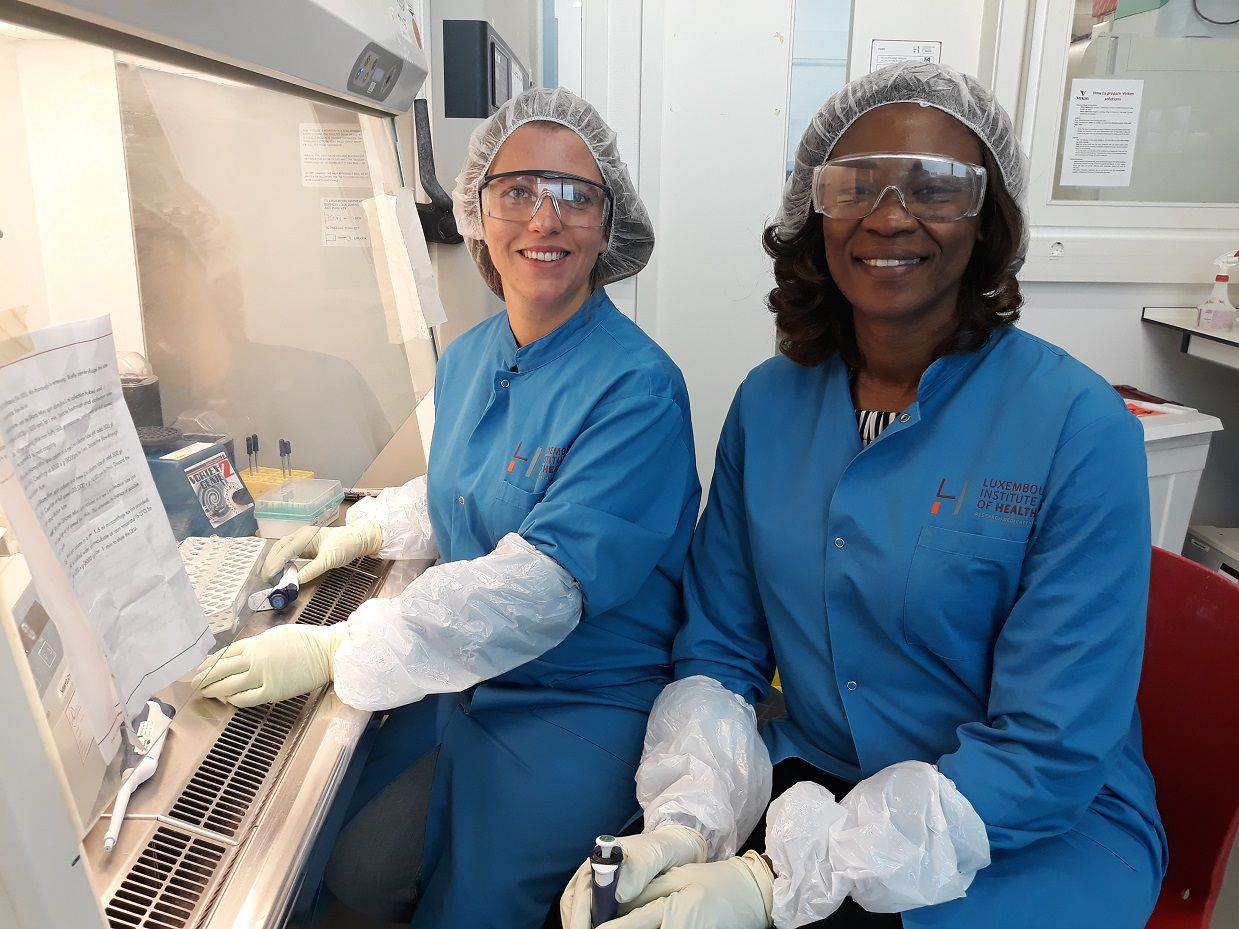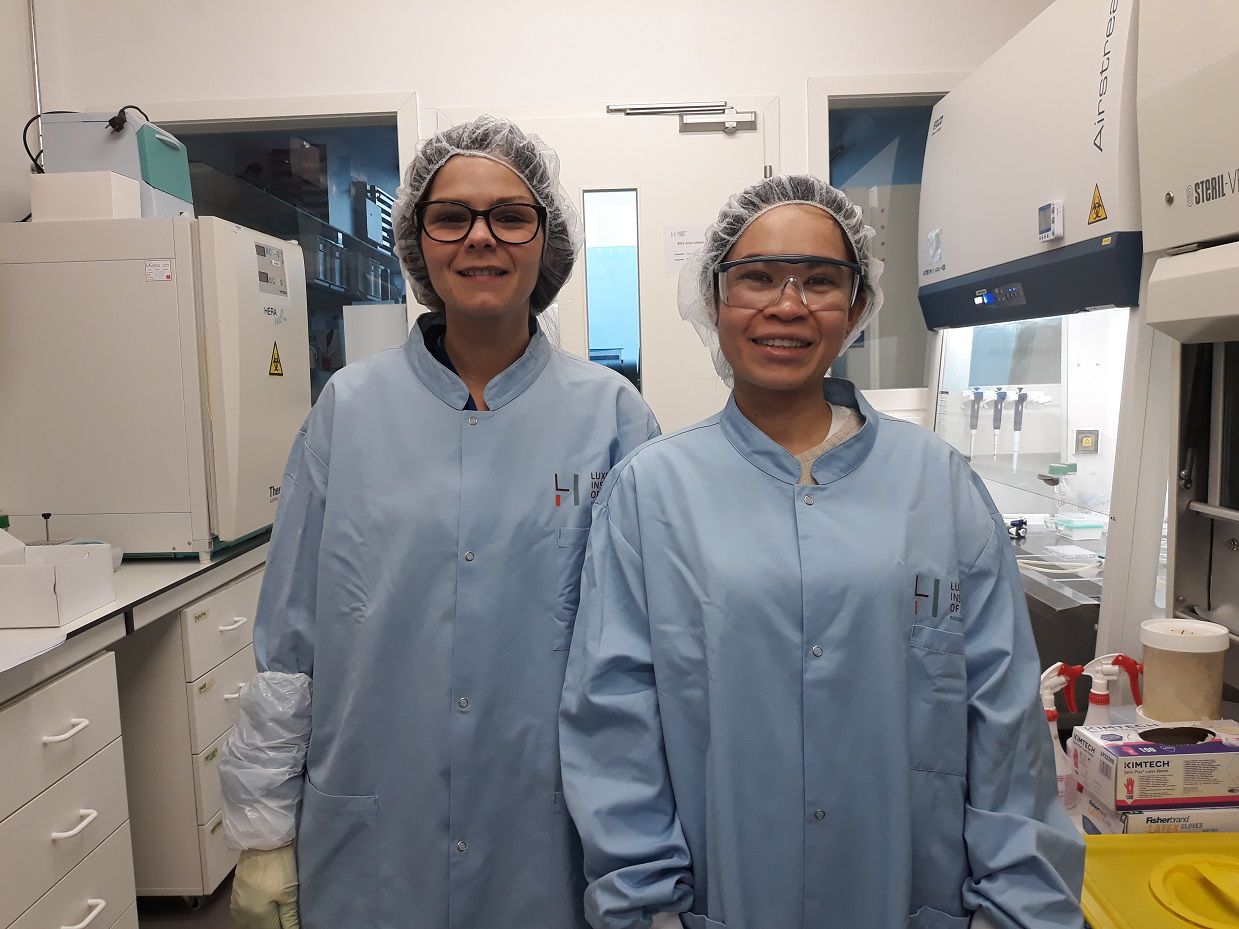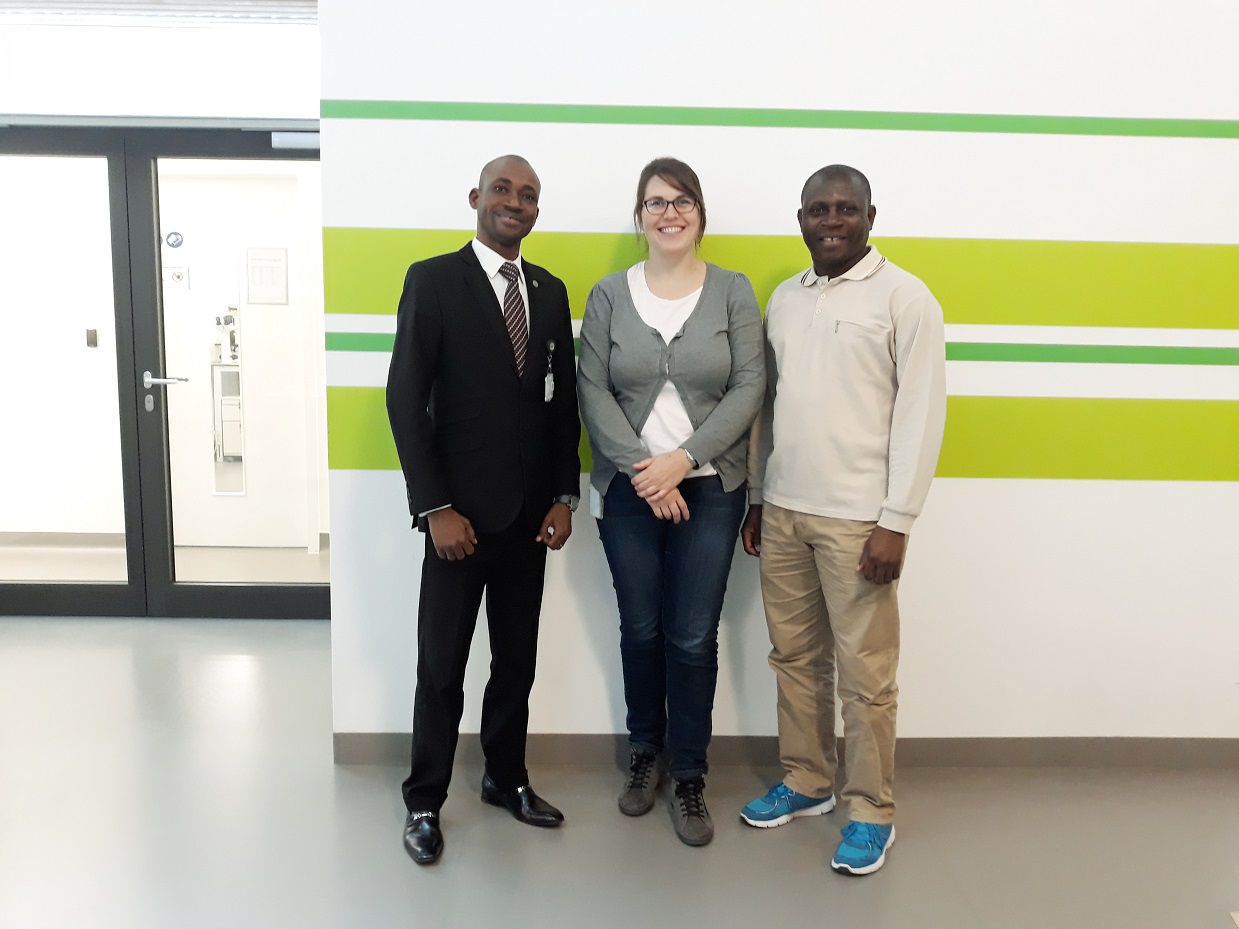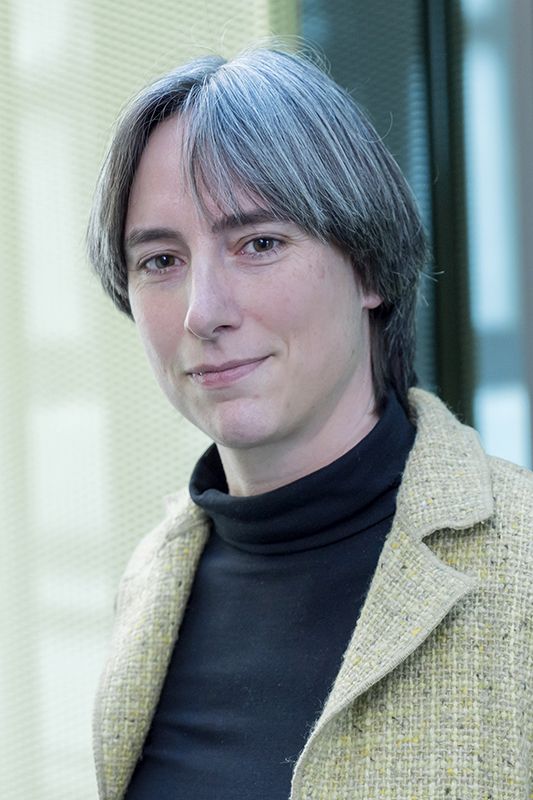9th December 2019
2 min read
Where science and development aid meet
Training of scientific visitors from low- and middle-income countries
Between June and November 2019, four trainees from low- and middle-income countries earned travel grants in the context of two research and capacity building projects supported by the Luxembourg Ministry of Foreign and European Affairs and LIH. The trainees had the opportunity to stay at LIH’s Department of Infection and Immunity to acquire new knowledge to apply in their home country.
The “Microbiology for Development - V” and “Lao Luxembourg Partnership for Research and Capacity Building in Infectious Disease Surveillance (PaReCIDS) - II” framework projects have a clear translational focus. They aim at strengthening developing countries’ preparedness for infectious disease threats by training local laboratory staff, students and scientists while addressing important research questions and surveillance gaps.
Training with impact on career development, research and public health
Much attention is paid to ensure that the training is tailored to the research needs and the current knowledge of the trainee.
‘Before hosting the scientific visitors, we discuss thoroughly about the research project, the difficulties encountered locally, and what is needed to answer the public health questions', says Dr Judith Hübschen, leader of the Clinical and Applied Virology Group at LIH’s Department of Infection and Immunity.
Dr Chantal Snoeck, who has been involved in both projects for many years, adds:
'‘These internships require a lot of personal investment from both sides. We spent hours together to find the best solutions adapted to the local laboratory situation as well as to the social and health context. In the end, we want to make sure that these training periods will contribute to a sustainable development of public health science in developing countries.’
Focus on the four collaborators
Dr Vivian Nwude, a gastroenterologist from the Lagos University Teaching Hospital in Nigeria, investigates the role of biomarker models for the early detection of hepatocellular carcinoma in patients with chronic hepatitis B virus infection. During her two-month stay at LIH, she gained insight into molecular laboratory techniques and obtained additional data for her disease prediction models.
Giscard Francis Komoyo, a PhD candidate from the Institut Pasteur of Bangui in the Central African Republic, received training in sequencing techniques and phylogenetic analyses to study the seasonality and severity of infections due to respiratory syncytial virus (RSV) in children. His results will lead to public health recommendations for improved prevention and management of RSV cases.
Dieudonné Tialla, a PhD candidate from the Institut de Recherche en Sciences de la Santé in Burkina Faso, applied his newly gained skills in sequencing and phylogenetic inference to characterise hepatitis E virus, an important emerging zoonosis.
Lastly, Vilaysone Khounvisith from the Institut Pasteur du Laos spent two months at LIH to set up molecular tools to detect and characterise high-risk human papillomaviruses (HPV), responsible for cervical cancer. The study will provide information about the prevalence of different high-risk HPV types in Laos, but also compare diagnostic approaches including cytology-based screening in the local setting. The training strengthened vaccine-preventable diseases research capacities at the Lao-Lux Laboratory located within the Institut Pasteur du Laos.
Training as an integral part of the team’s mission
Over the past 10 years, 19 visiting scientists from Sub-Saharan Africa, Cuba and Lao PDR received training at LIH under the direct supervision of Dr Snoeck and Dr Hübschen in the framework of the two projects.
‘Besides capacity building and vocational training, which are key aspects for us and our stakeholders, the collaborative research is highly successful in terms of scientific output’,
comments Dr Hübschen.
Indeed, the “Microbiology for Development” project has resulted in over 75 publications since its beginning in 2000. The PaReCIDS project has already resulted in 20 peer-reviewed publications and four policy briefs communicated to the Lao Ministry of Health and WHO during the past year.
> CLINICAL and applied Virology Group
Activities of the Clinical and Applied Virology group at LIH’s Department of Infection and Immunity include surveillance, diagnosis, outbreak investigations, molecular epidemiology and immunity against various viral diseases. Information on virus prevalence, variability and pathogenicity is important to public health decision makers to control and manage infectious diseases
> CONTACT
Dr Judith Hübschen

Emilie Charpentier and Dr Vivian Nwude

Aurélie Sausy and Vilaysone Khounvisith

Dieudonné Tialla (left), Dr Chantal Snoeck and Giscard Francis Komoyo (right)

